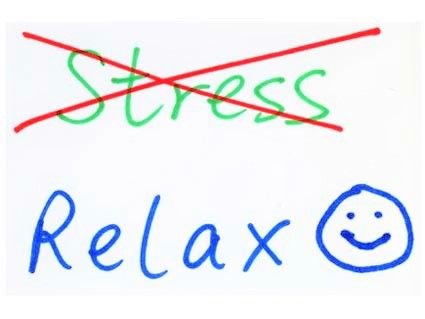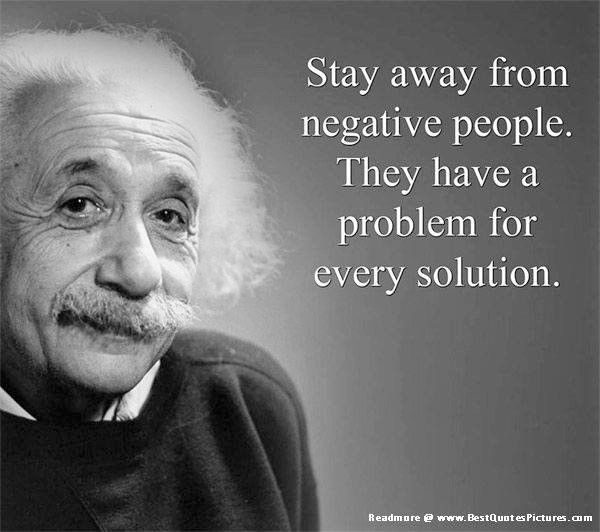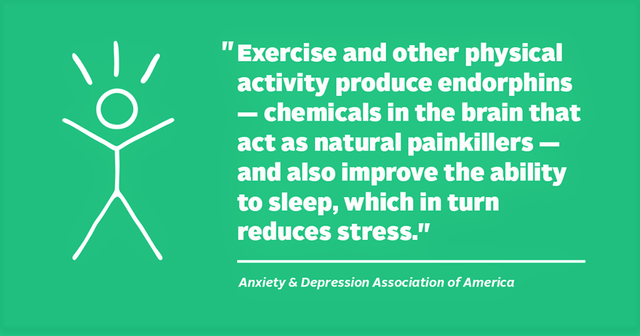The importance of reducing stress.
Research shows that not only does stress have a negative impact on mental health, but also on internal organs. Based on a variety of factors (living situation, income, work, relationships or lack of meaningful relationships, dealing with crises, overthinking, worrying about the future etc) the experience and level of stress will differ from person to person. Most people have some or several situations or factors that will trigger a stress reaction.

Stress impacts people in different ways, one of the more common ones is that they become less relaxed (obviously) and in turn start to get into a negative mindset. Not only is this unhealthy for the person experiencing the stress, but also for the people in that person's social circle. It benefits no one. When experiencing stress over a prolonged period of time, this negative mindset will get a firmer grip on thoughts and the negative ripple-effects of it will intensify for the people around them as time goes on. If a person is very stressed out and stress situations just keep piling up, this person might enter a state of constant stress where he/she is hurting and might also become a source a stress for those around him/her. In some cases, it can become a very negative downward spiral. I wish I had an easy fix to get rid of all kinds of stress in the blink of an eye, but in my experience, that's not how it works.

There are however a few steps a person can take to reduce as much of everyday stress as possible, and in that way lessen the effect of it and in the end that might be enough to get rid of its negative effects on the body and mind completely. Although in today's society it's almost impossible to completely avoid stress, however, it's possible to rework the brain into coping with stress in a way so it no longer creates bad feelings when a stressful situation occurs. A society full of people under constant stress is not something that's beneficial.
Steps to avoid stress:
Try to identify which situations that trigger stress. This might take some practice because it might not always be that obvious. Be more aware of the emotions being experienced, and when a rising stress level occurs that might be a signal of being in a stress-related situation. When this happens, take distance from the source of stress (if possible) and go to a place and try to relax and reduce the stress level.
Cut out toxic people. If a person is experiencing internal negativity because of stress, being surrounded by people who are also negative only amplifies the stress level and negativity. No need to add fuel to that fire. Despite loving a person, sometimes it's for the best to get some distance if this scenario is the case. Get back to that person or group of people when the stress-coping mechanisms are in place so it won't it cause annoyance or more stress for all parties involved.
Exercise (!). Exercising for about 30 minutes every day makes the brain produces very potent substances that reduce stress and also at the same time substances that feel good mentally. The body uses energy when active, so there's less leeway for the brain to execute negative thoughts because of this shift in energy consumption. Feel free to exercise in any way or form, but remember you don't have to go overboard; 30 minutes a day will give a good mental boost. The longer an individual keep it up the more of a positive change will occur. Something as simple as going for a walk in semi-brisk pace will do the trick.
Also, equally as important, do not let these steps become another source of stress or obsession. Try to have a relaxed attitude towards them. If it's not possible to do all of these steps at the same time, or a few days of exercising are missed, do not worry. The most important thing is to focus on the long-term perspective, not feeling bad about not being able to do it all at once or missing a few days of exercise. Try to relax and take it step by step. Having a relaxed attitude is equally as important. Being relaxed is the opposite of being stressed out.
